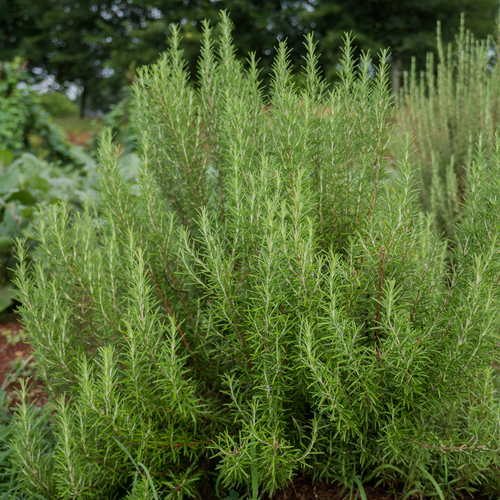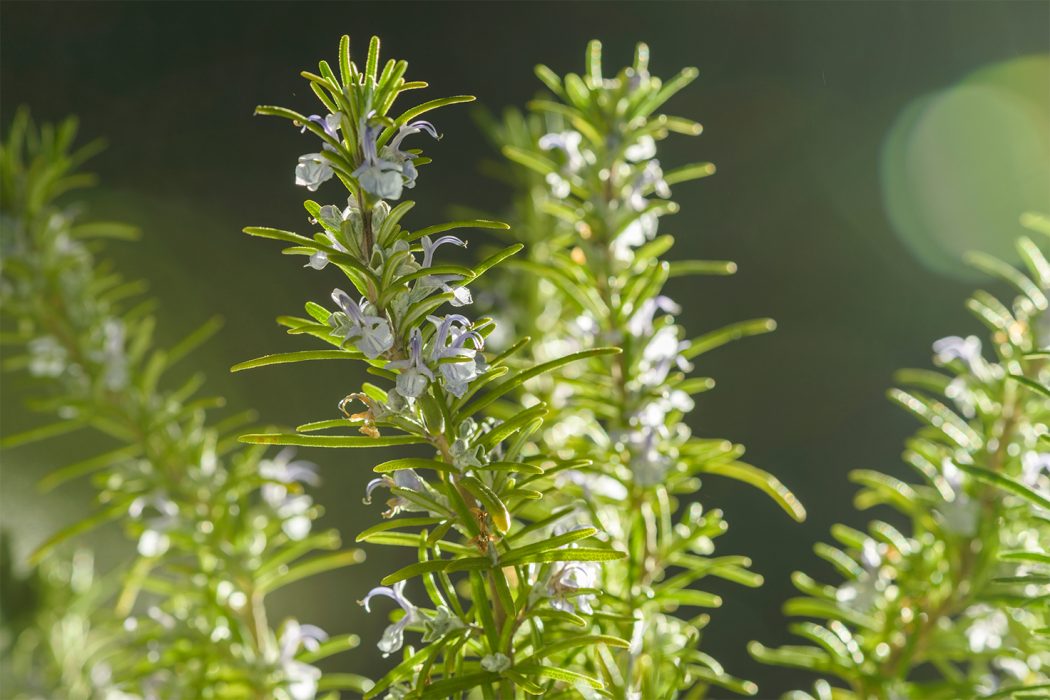
Rosemary for Natural Pest Control: Essential Oils and Herb Plants
Rosemary is not only admired for its aromatic presence in culinary endeavors but also for its efficacy in natural pest control. The strong scent of Rosemary, whether as an essential oil or as a plant, acts as a powerful deterrent for a variety of pests, including insects and small animals. This article explores how you can harness the properties of Rosemary in both forms to keep your home and garden pest-free.
Introduction to Rosemary Pest Control

Essential Oil and Plant Properties
Rosemary, known for its strong and pungent aroma, is disliked by many pests. The essential oils contain compounds like cineole and camphor which are natural repellents.
Eco-Friendly Benefits
Using Rosemary for pest control offers a non-toxic, environmentally friendly alternative to chemical pesticides, reducing harm to the ecosystem and promoting a healthier home and garden environment..
Using Rosemary Essential Oil for Pest Control
Preparation fo Repellents
Diluting the Essential Oil: Mix a few drops of Rosemary essential oil with water and a small amount of mild soap, which helps the oil mix well with water. This mixture can be used in a spray bottle.
Direct Application: For stronger application, Rosemary oil can be applied directly to specific areas or cotton balls placed strategically to repel pests.
Targeting Household Pest
Ants and Cockroaches: Spray diluted Rosemary oil along entry points, walls, and floors where insects are frequently spotted.
Fleas and Ticks: Add Rosemary oil to pet shampoos or spray lightly on pet bedding to keep pests away from your pets without using harsh chemicals.
Safety Measures
Always test the oil on a small patch of skin or surface to ensure there is no adverse reaction, and use it sparingly, as the strong smell can be overwhelming.
Incorporating Rosemary Plants for Pest Control
Gardening with Rosemary
Strategic Planting: Plant Rosemary in your garden around the perimeter and near other plants that are susceptible to insect pests. Its strong scent helps mask the scents that attract pests to garden plants.
Companion Planting: Rosemary pairs well with vegetable plants like broccoli and beans, which are prone to pest attacks. It acts as a natural deterrent.
Care and Maintenance
Pruning: Regular pruning not only helps the plant grow thick and bushy but also ensures the strong scent remains potent, enhancing its repellent properties.
Watering and Soil Requirements: Rosemary prefers well-drained soil and doesn’t require frequent watering, making it quite low maintenance.
Harvesting for Use
Collecting Branches: Cut branches can be hung in problem areas or directly placed in the garden soil amongst other plants as a natural pest deterren
DIY Rosemary Repellent Recipes
Rosemary and Vinegar Spray
Mix 1 cup of chopped rosemary leaves with 2 cups of apple cider vinegar in a jar and let it steep for 1-2 weeks. Strain the mixture and use it as a spray for both indoor and outdoor pest control.
Rosemary Oil Blend for Larger Pests
To repel larger pests such as moths and rodents, blend Rosemary oil with peppermint oil. Apply this blend at entry points to prevent these pests from entering.
Refreshing Potpourri
Combine dry rosemary leaves with other pest-repellent herbs like lavender and mint to create a natural potpourri that keeps insects at bay while freshening the air.
All in All Truly Conclusion
Rosemary offers a plethora of options for natural pest control in both its oil form and as a robust herb plant. Its natural aromatic properties and versatility make it an excellent choice for those seeking eco-friendly pest solutions. Whether you are dealing with insects indoors or safeguarding your garden from pests, Rosemary stands out as a potent, natural, and safe choice. Embrace this herb and maintain a healthier, more natural environment around your living spaces.